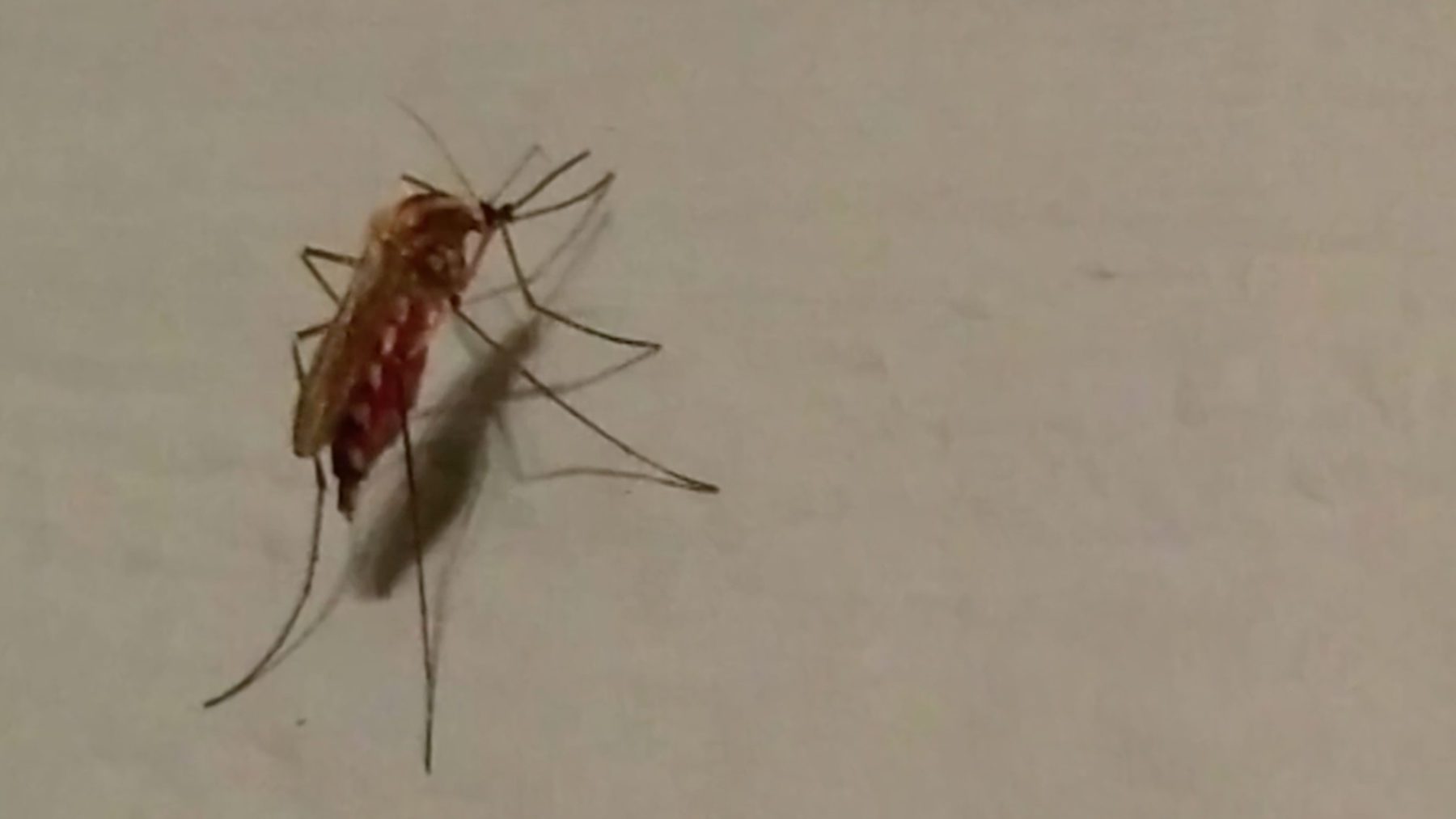The DuPage County Health Department has notified the City of Naperville of the first human case of West Nile Virus in the city this year. It was found in an adult man who lives in east Naperville. He was infected in August.
West Nile Virus
West Nile is a mosquito-borne virus that is transmitted through the bite of a mosquito that has picked it up by feeding on an infected bird. Most people who are infected with the West Nile Virus have no symptoms or experience mild one three to 14 days after the bite. Mild symptoms include a fever, headache, body aches, and sometimes a skin rash on the trunk of the body as well as swollen lymph glands. Less than one percent of those infected will get severe symptoms. People older than 50 years old are at the highest risk.
How to Protect Yourself
The city is asking residents to take precautions to reduce the number of mosquitos, which will help prevent West Nile from spreading. Residents are encouraged to remove areas of standing water from their property, as it can act as a breeding ground. Precautions to avoid mosquito bites include:
- Wearing shoes and socks, long pants, and long-sleeved shirts when outside between dusk and dawn. Loose-fitting and light-colored clothes are best.
- Using mosquito repellant that has 25 to 35 percent DEET when outside. Ask a physician before applying the repellant on young children.
- Checking for and repair any tears in screens, including porches and patios.
- Getting rid of stagnant water in birdbaths, ponds, flowerpots, wading pools, old tires, and any other spots that could be breeding spots for mosquitos.
- Making sure roof gutters are clear of debris, grass is cut short, and shrubbery is well-trimmed.
What is the City is Doing?
The City of Naperville continuously monitors and tests its 10 mosquito traps each week. As per a press release, one trap on Shagbark Court tested positive for West Nile Virus the weeks of August 20, 27, and September 3. Since that time, city crews have sprayed the area as a precaution, checked the area for breeding sites, and re-treated area catch basins.
Crews also inspect and remove standing water and treat ponds, marsh areas, and catch basins with chemicals. They also monitor the mosquito population weekly to check when adult populations could be increasing. When necessary, the city will use spraying to control the population of adult mosquitoes. In these cases, the safest chemicals are used in very low volumes and sprayed only as needed, according to the press release.
For more information about mosquito control, you can visit the city’s website.
DuPage County
The DuPage County Health Department has created a Personal Protection Index (PPI) for residents to track the amount of West Nile virus activity in the county and what prevention steps are recommended at each level.
The county has moved from level 2 (moderate) to level 3 (high). Residents should do the following:
- Drain: Drain items that collect standing water around the home, yard, or business. Pet water dishes and bird baths should be scrubbed and refilled regularly.
- Defend: Use an insect repellent containing DEET when outdoors
- Dress: Wear long pants, long sleeves, and closed toe shoes when outside
- Dawn and Dusk: Wear repellent if outdoors during these times
The first case of West Nile in DuPage County this year was in Aurora.
Naperville News 17’s Aysha Ashley Househ reports.

